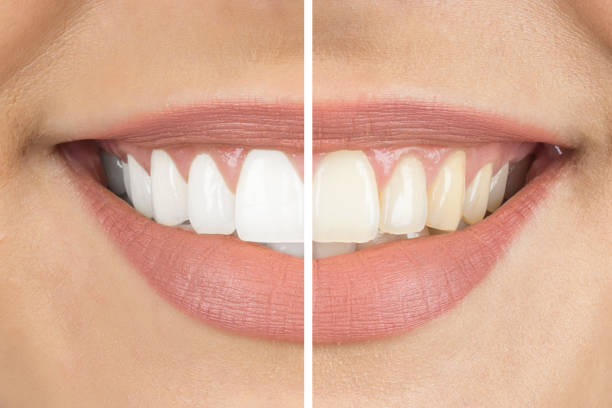Regular teeth cleaning is a fundamental step in protecting your overall oral health. While twice a year is the standard recommendation, the right frequency can vary depending on your unique dental needs and habits. Understanding why professional teeth cleaning is necessary and how often you should visit your dentist can help you prevent cavities, gum disease, and costly treatments in the future.
The General Rule for Dental Cleanings
Most people should get their teeth professionally cleaned every six months. This standard recommendation allows dental professionals to remove tartar buildup and monitor your oral health. The six-month interval provides sufficient time for plaque to accumulate while preventing the development of serious dental problems.
Routine teeth cleaning appointments involve several steps that cannot be replicated at home. Your dental hygienist uses specialized tools to remove hardened tartar from your teeth and gum line. Regular brushing and flossing remove food particles and soft plaque, but only professional cleaning removes tartar completely.
During your appointment, the dental team examines your teeth and gums for early signs of cavities or gum disease. This preventive approach helps catch problems early when they are easier to treat. The six-month schedule also allows your dentist to track changes in your oral health over time.
When You Might Need Frequent Cleanings
Some individuals require frequent professional cleaning appointments, usually every three to four months. Your dentist may recommend this schedule if you have certain risk factors or health conditions that affect your oral health. People with a history of gum disease often need frequent cleanings to prevent the condition from recurring. Gum disease occurs when bacteria accumulate below the gum line, leading to inflammation and potentially resulting in tooth loss. Regular teeth cleaning helps control bacteria levels and maintain healthy gums.
Smokers may benefit from frequent dental cleanings due to increased tartar buildup and higher risk of gum disease. Smoking reduces blood flow to the gums and makes it harder for your body to fight off bacterial infections. Further cleaning appointments help counteract these negative effects.
Benefits of Regular Teeth Cleaning
Professional teeth cleaning provides multiple benefits that extend beyond just having clean teeth. Regular appointments help prevent cavities by removing the bacterial buildup that produces acid and damages tooth enamel. This preventive approach saves you from needing fillings, crowns, or other restorative treatments.
Routine dental cleaning also helps prevent gum disease. Professional cleaning helps maintain fresh breath by removing bacteria that cause bad odors. The polishing step removes surface stains, keeping your teeth looking bright and healthy. Regular cleanings also enable your dental team to offer personalized guidance on your oral hygiene routine and address any concerns you may have.
Tips to Maintain Oral Hygiene Between Visits
Maintaining good oral hygiene between professional cleanings is fundamental for optimal dental health.
- Brush your teeth twice daily with fluoride toothpaste, spending at least two minutes on each session.
- Floss daily to remove plaque and food particles between teeth where your toothbrush cannot reach.
- Use an antimicrobial mouthwash to help reduce bacteria and freshen your breath.
- Limit sugary and acidic foods and drinks that feed harmful bacteria.
- Replace your toothbrush every three to four months or when the bristles become frayed.
These daily habits work in conjunction with professional cleaning to keep your teeth and gums healthy. Consistent home care makes your dental cleaning appointments comfortable and effective.
Schedule Your Teeth Cleaning Today
Regular professional teeth cleaning forms the foundation of good oral health. Most people benefit from cleanings every six months, while others with specific risk factors may need frequent appointments. Make sure to follow your dentist’s recommendations for cleaning frequency based on your individual needs. Contact your dental office today to schedule your next teeth cleaning appointment and take proactive steps to maintain your oral health.

